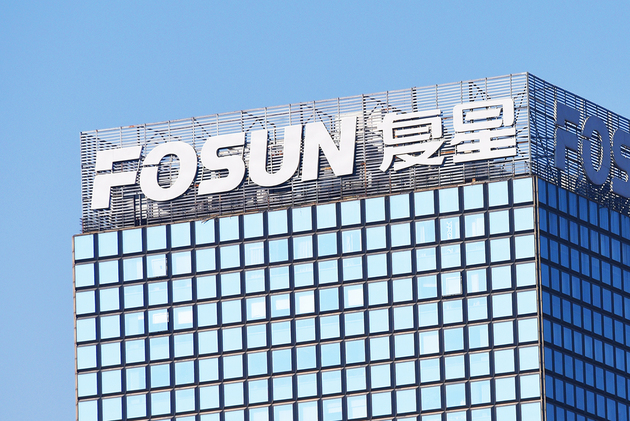
Photo/NBD
Feb. 20 (NBD) – Chinese conglomerate Fosun International Limited announced Tuesday that the group, with Commerzbank acting as the authorized agent, has agreed to subscribe for a total of 3,849,526 new shares from German fast fashion chain Tom Tailor through capital increase. Upon the completion of the deal, Fosun International will hold about a 35.35 percent stake in the fashion company.
According to the announcement, Fosun International has also made a voluntary public takeover offer to shareholders of Tom Tailor to acquire all shares in the German clothing retailer for 2.26 euros (2.6 U.S. dollars) per share.
In fact, before the deal, Fosun International invested in Tom Tailor for the first time in 2014 and took a 28.89 percent stake in the latter.
Fosun International, founded in 1992, has shifted its focus from medicine and real estate to a globalized layout with industries related to health, happiness and wealth.
Since 2011, Fosun International made foray into the fashion and luxury industry. Currently the behemoth has obtained stakes in many fashion and luxury brands including Lanvin, Wolford, St. John Knits, Caruso and Folli Follie.
With regard to Fosun International's acquisition of shares from Tom Tailor, Cheng Weixiong, an expert in textile clothing brand management, commented that making inroads in the fast fashion sector is not a good choice since consumers are becoming less interested in fast fashion brands like Zara and H&M, not mention Tom Tailor which is much less popular than its counterparts in China.
As Fosun International is targeting more deals abroad, it's likely that the company will incorporate more fashion brands into its ecosystem.
Fosun International is not the only Chinese company that eyes the overseas fashion and luxury market. In recent years, a large number of Chinese companies such as textile group Shandong Ruyi and menswear firm Septwolves are rushing to strengthen presence by acquiring overseas luxury brands. Shandong Ruyi even became one of the top 20 fashion and luxury brands in the world in terms of revenue, reports said last year.
Tang Xiaotang, founder of fashion consulting institute No Agency, said to NBD that the rise of domestic demand for consumer goods led to a surge of demand for high-end international brands. At the same time, Chinese brands, after years of development, have come to a period when it's hard to enlarge the scale, he noted.
In the future, more and more domestic companies will enter the overseas fashion market, predicted Tang. On one hand, companies can open stores right after being authorized since international brands are accepted by Chinese consumers. On the other hand, it will be more cost-effective to acquire foreign brands as they are much more diversified and competitive than Chinese ones, he added.
Email: wenqiao@nbd.com.cn


 川公网安备 51019002001991号
川公网安备 51019002001991号





